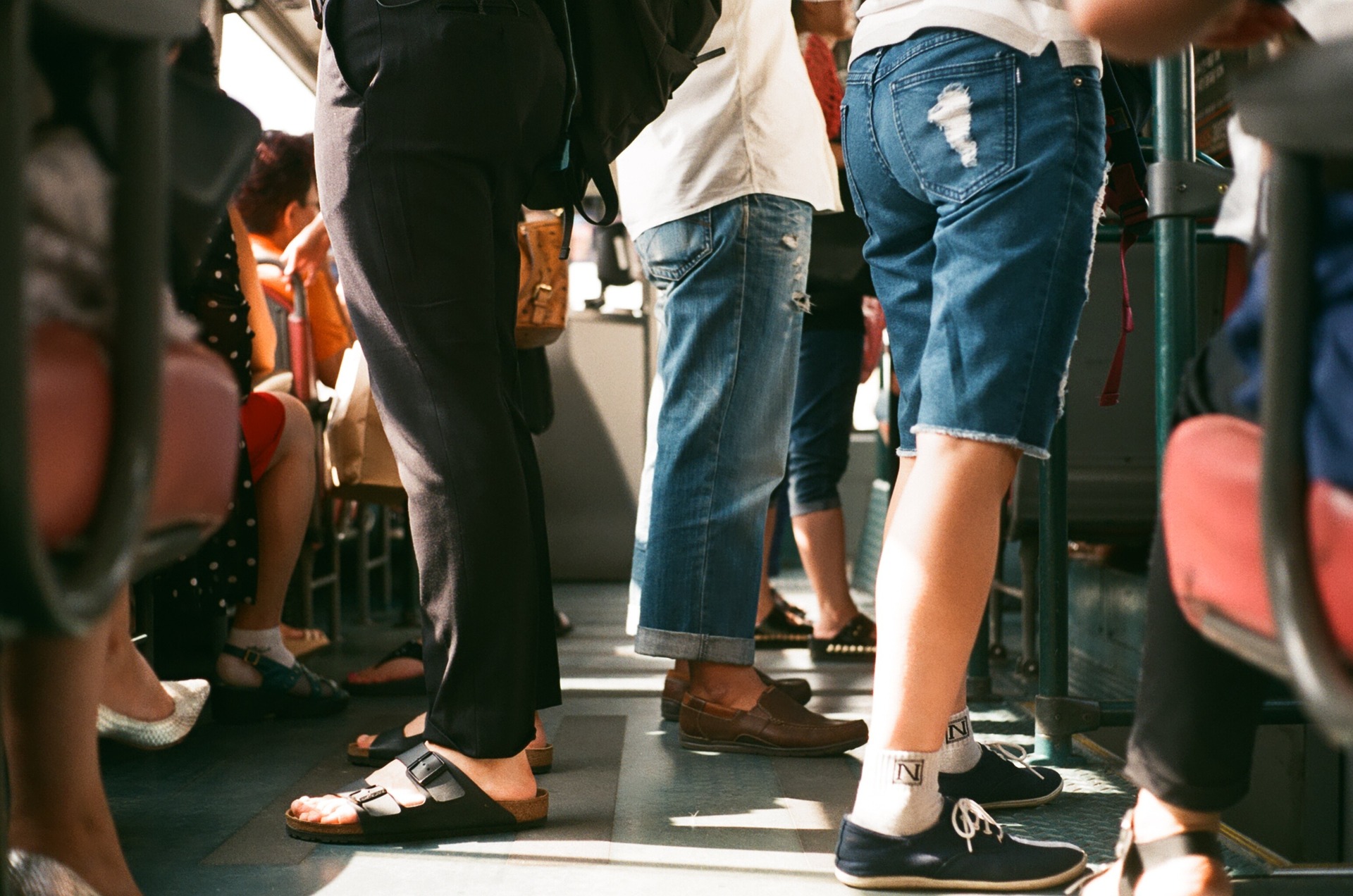As COVID-19 continues to ravage the United States, many college students are returning to their campuses, struggling with a flurry of emotions: confusion, fear, perhaps a bit of the usual excitement. Numerous schools are encouraging students to come back to in-person classes, promising that all will be fine. If all wear masks, if all distance themselves from others, if all adhere to the guidelines, then all will be fine — they say. The assumption is that most students and faculty know what it takes to be safe.
Yet, the internet is already stocked with videos of large gatherings of mask-less young men and women. Frat brothers are congregating in their houses, inviting guests, contracting the virus and passing it to everyone at the next gathering. Greek life, although not the sole contributor to the spread, has revealed itself again to be made up of anti-safety organizations, which calls for the culture to be evaluated as a vice even after the pandemic finally subsides.
The school year has hardly begun and already the cases are piling on. At the University of California, Berkeley, most of the 47 cases of the coronavirus on campus were traced back to Greek life. In early July, around 150 University of Washington students tested positive for the coronavirus following an outbreak at Greek Row. Just the other day, following only a week of mixed in-person and online classes, UNC-Chapel Hill declared that all of the thousands of on-campus students needed to go back home promptly. This decision came following the release of footage portraying a sorority’s blatant violation of COVID-19 guidelines and multiple reports of coronavirus “clusters” in the dorms and at a frat house.
The contagion-fueling parties and gatherings hosted by fraternities and sororities do not simply reflect the same repeated mistake rippling across college campuses. Rather, they reflect an underlying disregard for rules and a deeply rooted social pressure to “have fun,” compromising the safety of all participants and their future contacts. More than a disregard for safety, it is a reflection of the anti-safety attitude that reigns over many institutions affiliated with Greek life.
Generalizations about a whole group of people are almost never fair, nor accurate. Absolutely, there are Greek organizations acting responsibly, enforcing mask-wearing and ceasing social gatherings. And certainly, the spread of the coronavirus is not the doing of Greek organizations alone. Notre Dame has no Greek life, and yet they were the second school to reverse move-in following a short-lived and severely contagious in-person period. People everywhere are making poor decisions that exacerbate the diffusion of the virus.
The coronavirus’ unnecessary spread is due in large part to potent social pressures — to which most people cannot help but succumb at some point in life — that override all concerns and common sense. Social forces exist everywhere, in the form of pressure from peers, trends in social media and expectations to adhere to pervasive etiquette with which we wouldn’t typically agree. On college campuses, the forces are especially dominant, as they coincide with a thrilling sense of independence and community. Due to Greek life having been built around the image of an active collegiate social life, Greek organizations are bound to contribute to the spread of the virus.
Again, not all Greek organizations are acting so irresponsibly, and simultaneously, plenty of non-Greek affiliated students are also at fault for not taking proper precautions. But regardless of individual groups’ actions, the existence of Greek life as a social life-focused structure upholds the values that are currently endangering participants and their contacts. The Greek organizations that do throw parties now underline a problem with safety that prevailed long before the pandemic began.
Concerns over safety within Greek life are not new or unique to the pandemic. From the beginning, those interested in joining many fraternities must first “earn” their seats. “Earning” brotherhood may require that pledges entertain the frat brothers, often by choosing to either prove themselves to be indestructible in the face of arbitrary and dangerous tasks, or fail to do so, in which case they must blister in the rays of humiliation.
Countless incidents of “hazing” — the initiation process for fraternities that might entail an inhumane form of coercion — have resulted in severe physical and psychological damage, and in far too many instances, death. They certainly pride themselves, and even identify themselves, based on successful parties, mixers and creating an overall environment that includes altered judgment and a dense crowd.
Sororities are not off the hook in this discussion. Stories of stripping women of their dignity — along with their clothes — are not uncommon. It sounds miserable, yet young women still want in. They are not allowed to host parties; interestingly, when limitations are gender-specific, the no-party rule is for the most part enforced. However, gatherings are commonplace. Sororities are, almost by definition, exclusive, applying intense pressure to go along if you want to be a part of the sisterhood.
Students in Greek life must act in ways that make them uncomfortable, unsafe. The choice is often between doing as told, therefore violating one’s own standards for oneself, or going against the grain and choosing safety. With the overwhelming tides of social pressure, it is difficult for anyone to choose the latter. In the context of the pandemic, such a decision should be made freely, without any pressure to maintain the campus life status quo, which often includes a nod and a wink to clubs that pride themselves on flaunting individual responsibility.
Coercion into reckless behavior is not the only intrinsic safety problem with Greek life. Fraternities are considered hubs of misogyny; numerous incidences of sexual assault within the walls of frat houses are reported each semester. Various Greek organizations are also linked to class-based discrimination each year, accepting mostly those from wealthier backgrounds with images they’d like to post on their websites.
In light of recent events, many students have highlighted the aspects of Greek life that act as stilts for white supremacy, concealed under long pants hemmed with tokenization and appropriation. Discrimination is revealed in the form of personal accounts and simply demographics; whiteness is everywhere and people of color are disproportionately absent in the Greek life scene, likely due to both discriminatory selection and the reasonable choice of people of color to avoid the exclusive and racist frat houses.
Students are returning to campuses for a few reasons: they need a new environment for studying, they want to form an isolated pod with a few friends, their schools are reassuring them that they will be in good hands. However, when the reason becomes purely to return to an established and expansive social life, students are in danger. Schools should not be inviting students back on-campus, because there is not yet an antidote to coronavirus-boosting social forces. If schools are looking for that antidote, they should inspect the organizations in most need of it, the regions of most concentrated poison: fraternities and sororities.
















